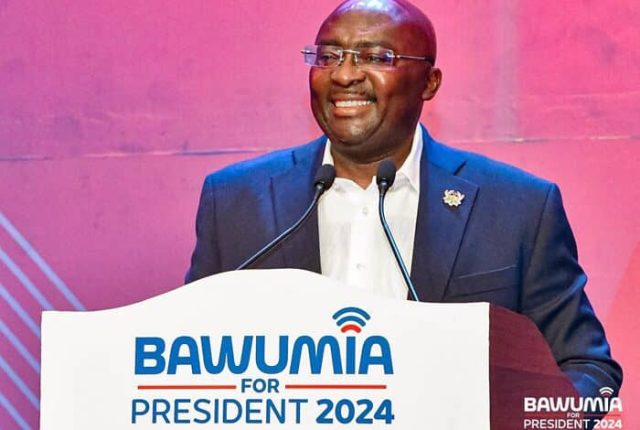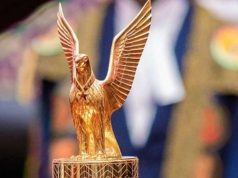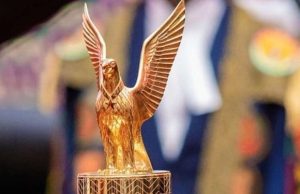Vice President Mahamudu Bawumia’s recent tour of the Ashanti Region has drawn sharp criticism from the National Democratic Congress (NDC).
The opposition party has condemned the involvement of students in the Vice President’s engagements, labeling it an inappropriate use of educational resources for political ends.
During his tour, Bawumia visited several schools, where he engaged with students, discussed the government’s achievements, and outlined future plans. The NDC claims these interactions were politically motivated, using students as props to bolster the Vice President’s public image ahead of the upcoming elections.
NDC spokesperson Sammy Gyamfi stated, “The use of students in political campaigns is a gross abuse of educational resources. Schools should be places of learning, not political arenas.”
In defense, the ruling New Patriotic Party (NPP) asserted that the tour was part of a broader initiative to connect with young Ghanaians and understand their educational challenges. “Our goal is to engage with the youth and gather firsthand insights into their needs and concerns. This will help us formulate better policies that directly benefit them,” said NPP communications director Yaw Buaben Asamoa.
Educational experts have also weighed in on the controversy. Dr. Kwame Agyeman, an education consultant, noted, “While political leaders engaging with students can be beneficial, it is crucial to ensure that such interactions do not disrupt educational activities or appear to exploit students for political gain.”
This controversy underscores the deepening political tensions as the nation gears up for the next elections, raising questions about the appropriate boundaries for political activities involving educational institutions
















